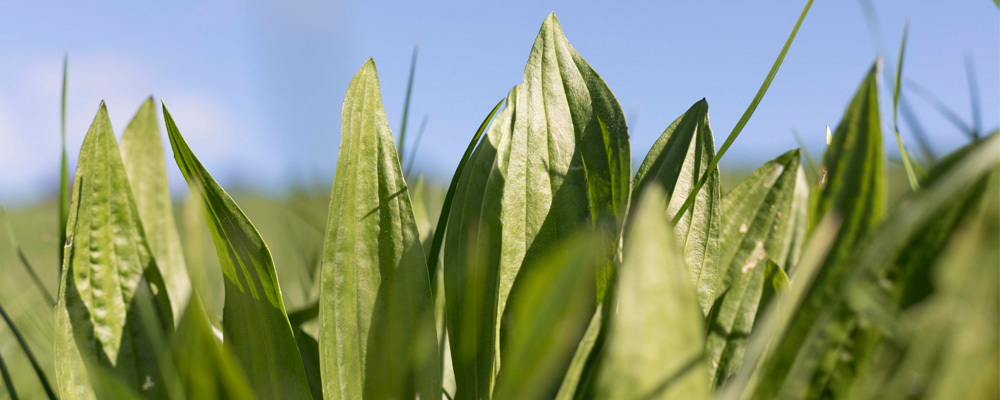
The Science of Ecotain
Restrict
The Science of Ecotain
Restrict
Ecotain - Restrict
Soil (Restrict)
International work demonstrates that the incorporation of leaf material from Plantago lanceolato into soil has a significant effect on the nitrification process.
For a period of 28 days nitrate accumulated in soil incubations was lower for soils containing plantain material than the control soils without any plantain material. Secondary plant compounds were suggested as a likely cause of this effect.
Similarly, Verhagen reported plantain plant roots suppress nitrification to some extent. Preliminary work at Plant & Food Research on Ecotain is consistent with this previous work.
Put simply, research suggests that growing Ecotain suppresses the nitrification process in the soil, thus reducing the risk of leaching.
References
Inhibitory effects of Plantago lanceolata L. on soil N mineralization
Dietz, M., Machill, S., Hoffman, H.C., & Schmidtke, K. (2012)
Competition for ammonium between plant roots and nitrifying and heterotrophic bacteria and the effects of protozoan grazing
Verhagen, F.J.M., Laanbroek, H.J., & Woldendorp, J.W. (1995)
Ecotain Partnerships
With the goal of developing a forage-based product to reduce N leaching from livestock systems, the Callaghan-Funded Greener Pastures Project, led by Agricom, collaborated with Lincoln and Massey Universities, as well as Plant & Food Research to research and develop a highly effective and practical solution to N leaching for NZ farmers - Ecotain®
To know more about the science of the Ecotain & how it can fit your farm system, get in touch with your local Agricom rep.






